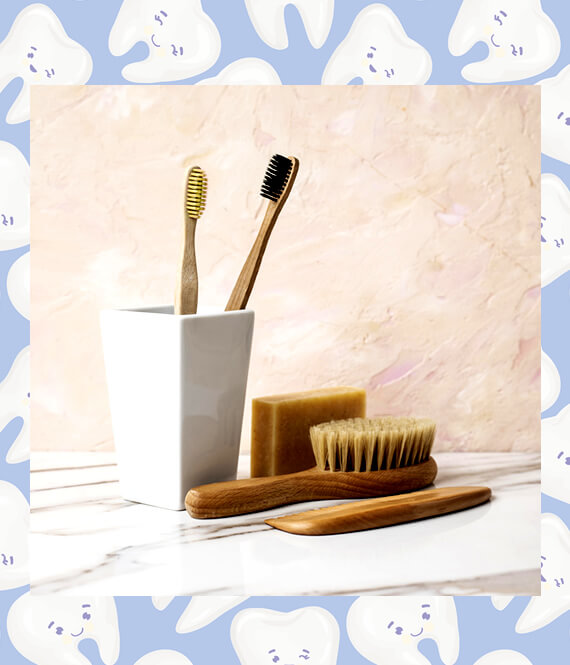
You Can Prevent Cavities With Lifestyle Changes… But You Still Need a Dentist
We recommend helpful products in our articles. Read our full disclosure here. The content on this website is not intended to be a substitute for professional advice, diagnosis, or treatment.
When dental problems come knocking, a lot of us shy away from the prospect of visiting a professional.
This is not always a bad thing, as specific maladies can be fixed at home.
However, in the long run, it’s crucial to see a dentist for both regular checkups as well as more urgent attention.
Let’s look at how this applies to a scenario where you’re suffering from cavities and also what small changes will improve your dental health significantly.
Dealing with the issue of cost
Fear of the dentist isn’t only down to the high-pitched whirring of drills and the prospect of local anesthetic; for plenty of people, it’s the financial burden that gives them pause and forces them to put up with cavities rather than seek treatment.
However, there are ways to make dentistry more affordable, such as by joining a dental health maintenance organization (DHMO).
You can dig deeper on what a DHMO is, but the underlying concept is that instead of paying for treatment on-demand, you instead pay a regular insurance premium and get services inexpensively or even entirely free as needed.
With a DHMO on your side, you’ll also be able to justify those regular check-ups that allow small issues to be nipped in the bud early before they can grow and become more painful and expensive to remedy.
Altering your habits
As mentioned, it’s best to combine trips to the dentist with a better routine and better choices in your day-to-day life.
So what are the best practices for minimizing the chances of getting cavities, as well as of dealing with a whole host of other issues from plaque build-up to gum disease and beyond?
1. Frequent brushing
The old adage of brushing your teeth after every meal still holds true, so getting into the habit of cleaning after breakfast, lunch, and your evening meal is a must if you aren’t doing this already.
2. Equipment choice
You shouldn’t cheap out on the brush you buy because this is an investment in dental health and not just a casual purchase.
Electric toothbrush models are still the best for an all-around clean, and it’s also crucial to swap your brush, or brush head, regularly so that bacteria doesn’t build up over the weeks.
3. Diet
What you eat and drink matters, and if your teeth develop sensitivity to certain foods, it’s a wise move to avoid them until you’ve spoken to your dentist.
They may recommend a specialist toothpaste to cope with this, although it could also be necessary to limit or stop your intake of specific items entirely.
Foods that are high in sugar will cause cavities, while fresh fruits and vegetables are actually capable of counteracting this.
Essentially, a healthy diet isn’t just about things like losing weight, but also keeping your teeth on point.
4. Mouthwash
Another tried and tested solution to poor dental health is the addition of mouthwash to your daily routine.
Mouthwash, which comes with antibacterial qualities, is especially desirable.
It can reach the parts of your mouth which aren’t accessible to the bristles of your brush and will sweep away any nastiness that would otherwise accumulate.
As with other products designed for dental hygiene, there are many mouthwashes on the market, and chatting to your dentists to see which they recommend will save you from having to compare and contrast them yourself.
Why You Still Need A Dentist
No lifestyle change or dental hygiene practice can match professional dental care services.
Even if you follow the tips above, you still need a dentist to look into your oral health on a deeper
level.
Difficult-to-reach surfaces of the teeth can accumulate germs and plaque, requiring a dentist’s expertise.
A dentist provides professional oral care services based on science and medicine.
Dentists study for six to eight years to obtain the right training and experience to provide excellent services to their clients.
Depending on their preference and target clients, they have specializations, including cosmetic and pediatric dentistry.
Aside from hands-on training from specialists, they continue learning through online education to keep updated with the latest dental care treatments.
Dentists are proactive in educating clients and supporting dental health information dissemination programs to save children and adults against cavities and other dental problems.
They use advanced diagnostic and treatment options for stubborn plaques, periodontitis, and other complex dental issues.
Missing dental appointments is a big mistake that most people make.
Because of busy schedules, many people postpone or cancel them.
As a result, they develop problems despite practicing good dental hygiene and making lifestyle changes.
Conclusion
Let’s face it, we could all stand to take better care of our teeth… You’ll be pleased about the small changes you make now in the long run, so don’t skip the dentist and don’t neglect your mouth!
"We love to research problems, examine studies, analyze solutions, and share with you ideas that make life healthier. You can learn about us and our editorial standards here. Have suggestions or feedback to share? Send us a message!."

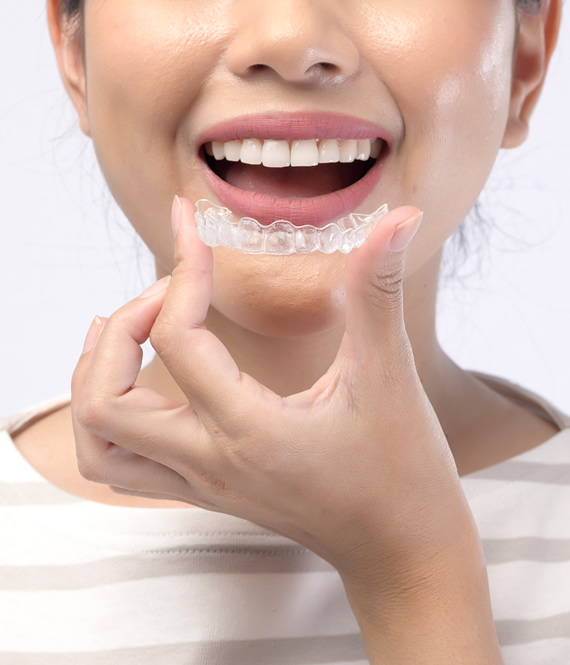
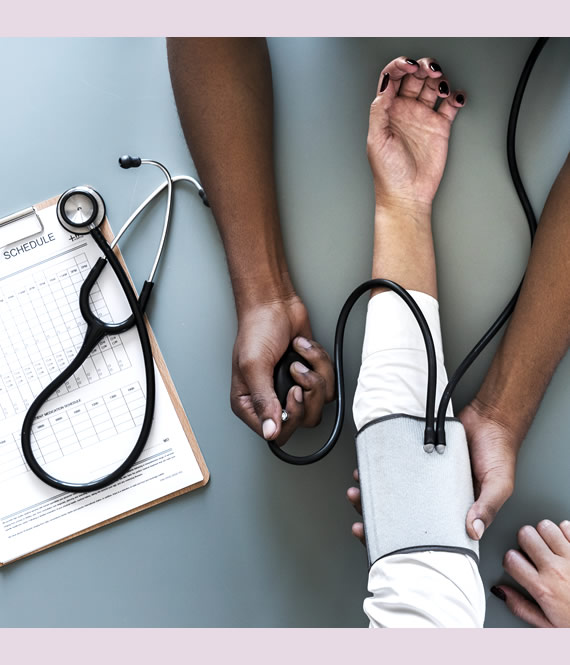
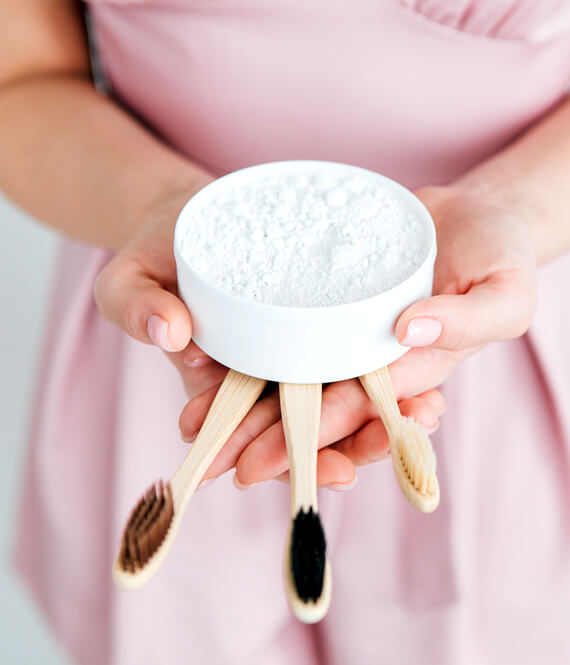
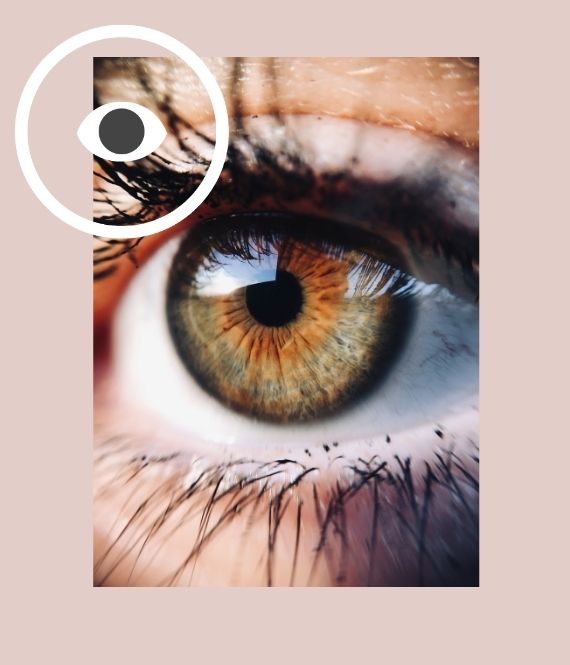


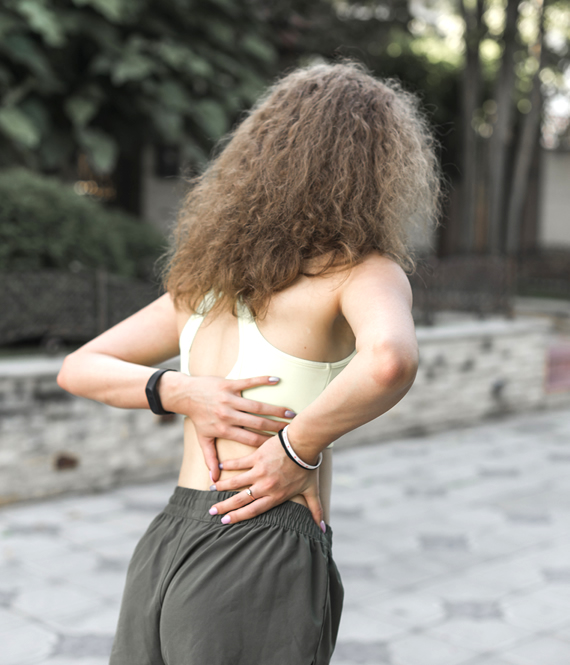


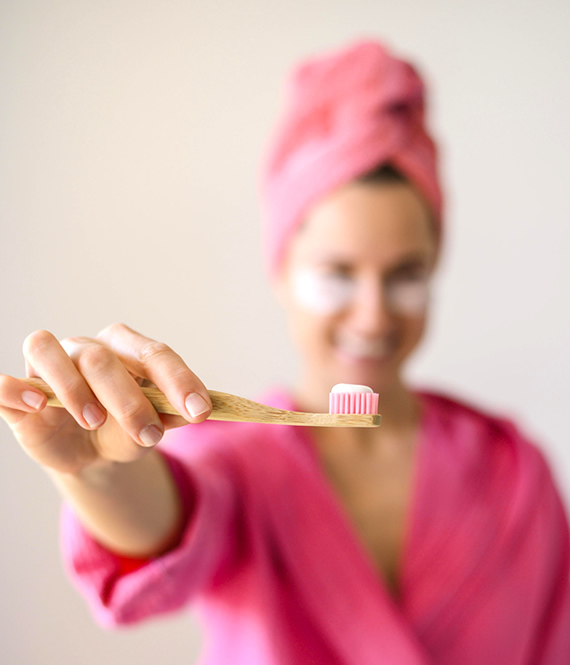

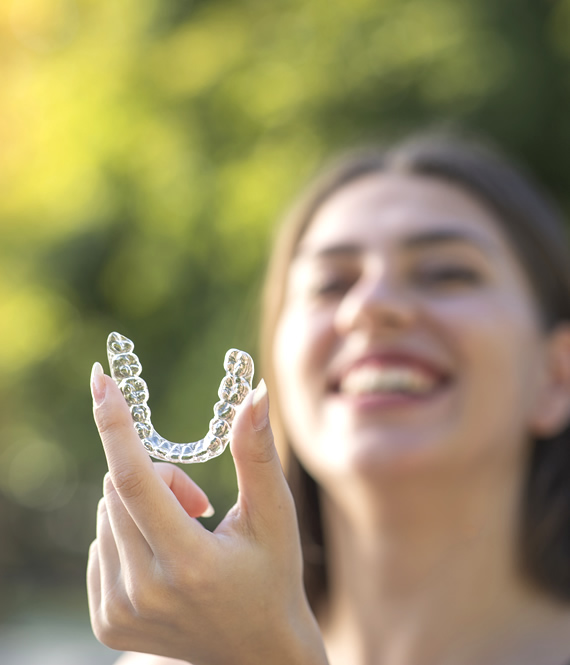
Leave a Comment